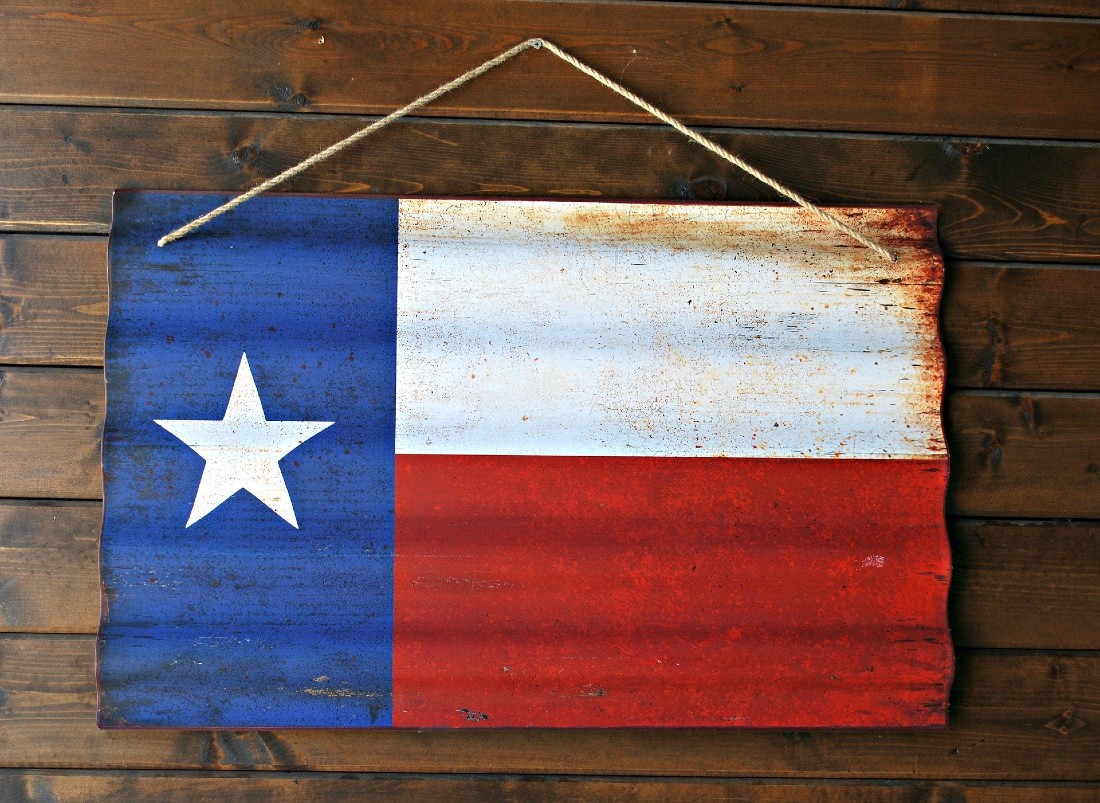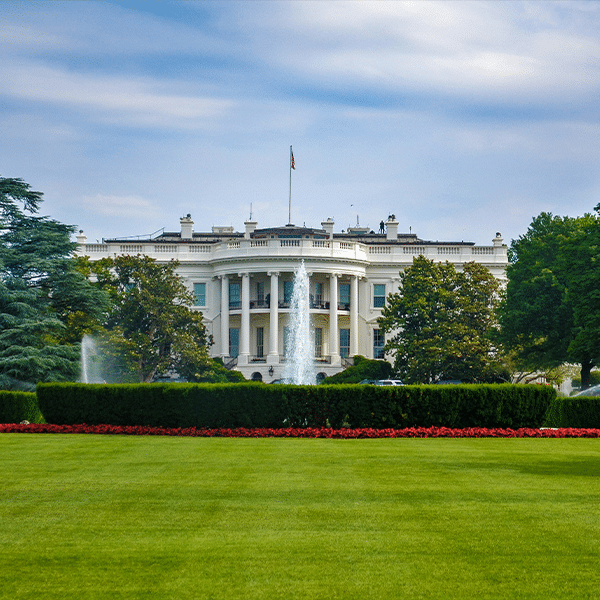The Texas Telephone Association, which represents about 50 rural telecom providers, is suing the state of Texas in connection with the state’s Universal Service Fund (USF). According to a report published by media outlet The Texan, the state owes the providers $60 million in unpaid USF subsidies.
The Texas USF covers some of the costs of providing service in high-cost rural areas. Funding for the program comes from a 3.3% charge on intrastate calls, The Texan reports, and through that mechanism, the state over the last six months only collected about 66% of the funding needed for the program.
The shortfall is projected to be about $80 million for 2021 and more than $140 million in 2022. The lawsuit asks for a court order requiring the state to remit missed payments to the providers and issue a permanent injunction to require the state to fulfill future obligations.
As the author explains, the funding raised through the 3.3% charge is insufficient because of “a deterioration in collections caused by a decrease in the types of calls that qualify for the fee” – an apparent reference to declining voice revenues that telecom providers nationwide have experienced.
In June 2020, the Texas Public Utilities Commission considered a motion to increase the charge collected against intrastate calls to 6.4%, but the motion was rejected. If the motion had passed, the fee would have increased from about 50 cents a month per customer to 95 cents a month, which some commissioners said would be a hardship amid the COVID crisis.
One commissioner reportedly called the fee an “almost irrational singling out of this group of people who we would be taxing.”
Beyond Texas
It will be interesting to see how the Texas Universal Service Fund quandary is resolved, because the situation there underscores similar issues that have arisen at the federal level. The federal Universal Service Fund also is funded through a charge on phone calls – in this case, on interstate calls.
Unlike in Texas, though, the charge isn’t a fixed one. Instead, the charge is simply increased as needed to cover program costs. As a result, it now exceeds 30% of revenues on interstate calls.
At the federal level, a variety of suggestions have been made for how to address this – including funding the program through money raised in spectrum auctions or funding it through general tax revenues.



